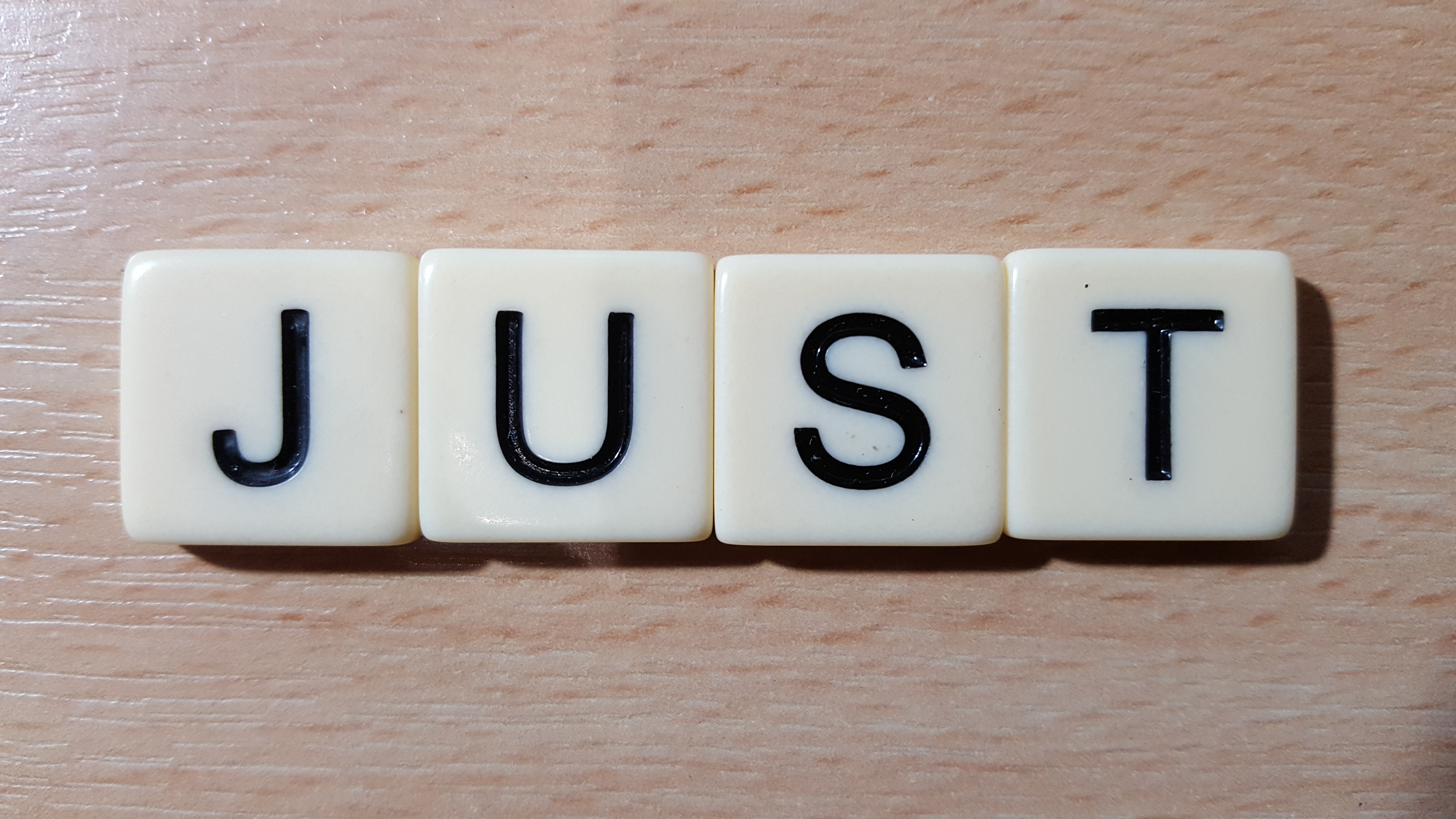I am sure you have heard the advice. It usually begins, “It is easy….” and continues….
- You just run a bit faster to improve your marathon time
- You just go out and get some more clients, and sales will increase
- You just pull all your blogs together and you will have a book.
- You just train harder and you will become faster, better, more effective
- You just improve the products quality and people will buy more.
- Just sort it out!
Of course the danger with each of these pieces of advice is that they contain the word ‘Just’ in them. You should always be careful of sentences with the word ‘Just’ in.
What typically happens is that they contain absolutely no guidance, advice or suggestion about how you do what they are suggesting you do.
The word ‘just’ just sits there. It contains all the ideas of improving but nothing practical to help you deliver that improvement.
When an expert uses ‘just’
The biggest danger is when this comes from an expert. Especially one who is intrinsically good at their job, but is unaware of how to explain their competences or how to pass on their experiences to someone else. I am sure you have seen them. The computer shop experts are a great example. Their fingers just fly across the keyboard as they explain how you just configure the new device: lo and behold, it was that easy. Now even you could do it. (If only they had just explained what they did).

Beware of sentences with the word ‘Just’ in them
Changing ‘just’ to another word
How do we unpick what is going on here? When I come across words that create issues like this, I try swapping other words in their place to get the same meaning.
Just = simply
Simply works often. Simply sort it out, you simply run faster. Simply improve quality. What happens with simply is that it suggests it is extremely easy to make the change. It also makes the speaker sound more silly. “Really, you think it is that simple to improve quality – then you tell me how”.
Just = immediately
“I was just about to do it”, means I will do it very soon. Almost immediately in fact. So, just do it has a message of both simplicity and immediacy.
Omitting Just altogether
If you omit just from the sentences at the top, you get a different effect. Red them again, without ‘just’ in them:
- You run a bit faster to improve your marathon time
- You go out and get some more clients and sales will increase
- You pull all your blogs together and you will have a book.
- You train harder and you will become faster, better, more effective
- You improve the products quality and people will by more.
Interestingly, when I did this, and re-read them to myself, my instinct was to immediacy ask, “Oh and how do I do that….”.
It is as if adding ‘just’ to a sentence removes permission to ask, “How?”. Saying the sentences with out the ‘just’ in them, allows the space for people to say, “Well can you please explain how I can…..”
Just sort it out!
This is possibly the most dangerous example.
It’s an instruction, to “Sort it out”. However, it also contains an implied criticism as well as no advice. It suggests it is simple to sort out the problem and you should get on with it. (If you also read “…or else” into the sentence you are not alone.)
If you have not already “just sorted it out”, then there is probably a good reason, or something is stopping you. Or maybe the person sees it as a different sort problem to you, that is easier to solve. (They frame the problem differently, or have taken a decision and await action.)
Lessons to take away
Listen out for examples where people are using this phrase. When you hear it, just say. “it was suggested to me that I should always be careful of sentences with the word just in”. I guarantee it will get a laugh – a laugh of truth.
Another way to dig under this is to ask something along the lines of , “When you say just, what specifically do you think that will involve…?”
One final thought: Just always be careful of sentences with the word ‘Just’ in them. :)



Trackbacks/Pingbacks